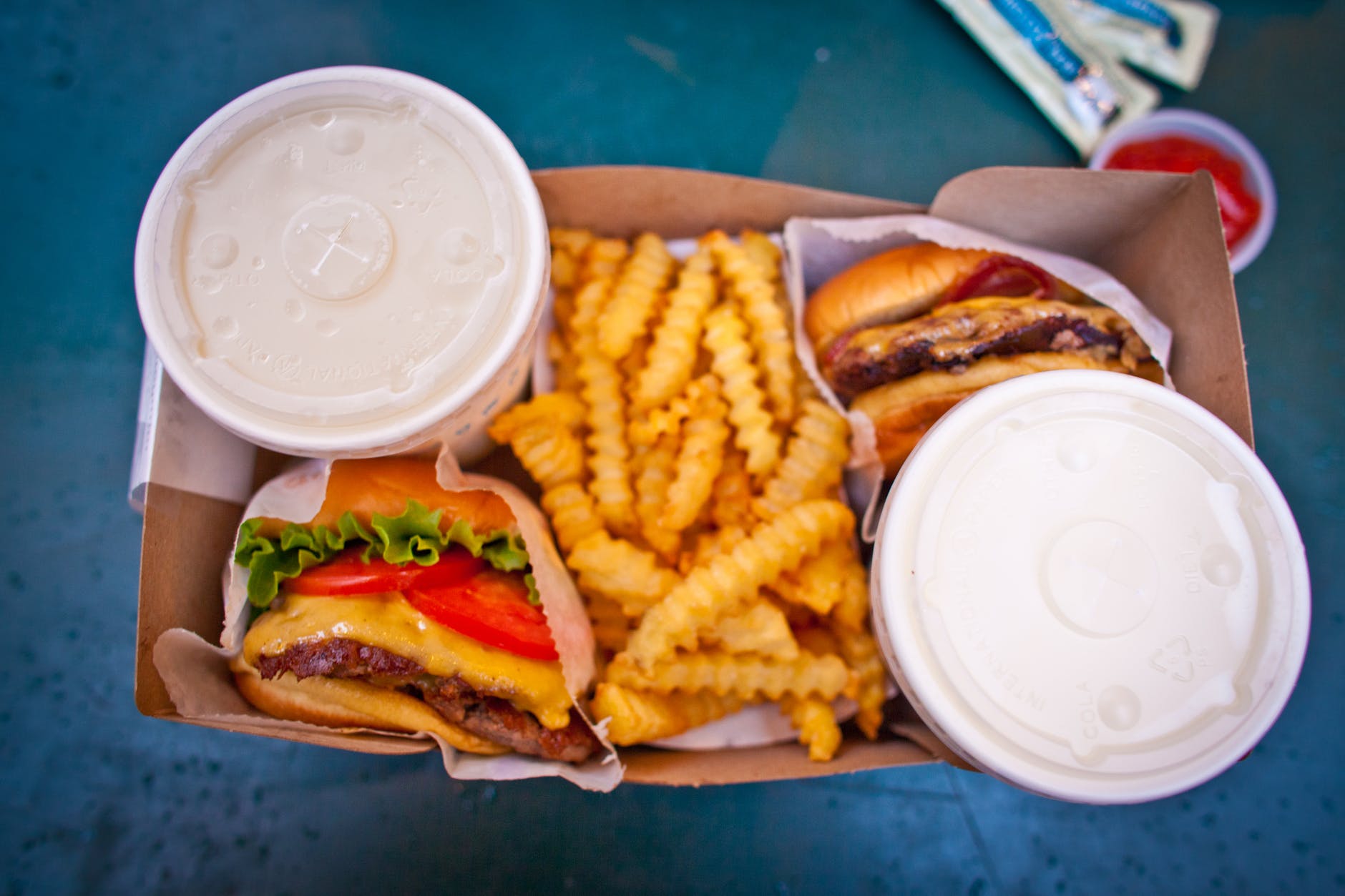
There are many different types of eating disorders, but food addiction isn’t one that’s commonly discussed. Only recently has food addiction started to gain recognition in the mental health field, and even still, it remains controversial.
Food addiction often stems from undiagnosed mental health disorders and puts a person’s mental and physical health in jeopardy. To break the cycle of food addiction, people suffering should seek professional treatment which can help them recover successfully.
What is a food addiction?
A food addiction develops when someone becomes addicted to binge eating certain types of food. Food addicts usually consume foods that are considered to be hyper-palatable, which are high in salt, sugar, and fat. As a result, it’s much easier to get addicted to candy, soda, and fried foods, than it is to foods like broccoli.
Researchers aren’t entirely sure how many people suffer from food addiction, but data suggests the number is more than 70 million adults in the United States. Of those people, 50% are obese, 30% are overweight and 20% are considered to be at a healthy weight, despite being addicted to food.
Food addiction shares many of the same characteristics as a drug addiction. Food addicts often struggle to stop their compulsive eating habits, even if they’ve tried many times. Their behaviors can cause a strain on important relationships in their lives, which can lead to further isolation. Despite weight gain or other health problems, food addicts will continue to eat as a way to feel better.
In most cases, a food addict doesn’t develop a disorder because they simply enjoy eating. Everyone has their favorite foods that they indulge in from time-to-time, and sometimes that means overeating. But someone who binges on pizza or ice cream once a month doesn’t have a food addiction. People with a true food addiction will compulsively eat unhealthy foods every day in order to feel the positive effects.
What are the signs and symptoms of a food addiction?
Food addictions are similar to more well-known eating disorders, like bulimia and binge eating disorder. Because food addiction is a behavioral issue, the only way to diagnose it is by recognizing certain symptoms, including:
As a way to curb their cravings, some food addicts will set strict rules around food for themselves. For instance, they might cut entire food groups out of their diet, or start counting calories excessively. Some people designate “cheat days” for themselves, when they give themselves permission to eat whatever they want.

There’s also a misconception that people who suffer from food addiction are automatically overweight. However, studies have shown that people with a healthy weight can be addicted to food, just as overweight people can have a normal relationship with food. When diagnosing any eating disorder, including food addiction, weight shouldn’t be a determining factor.
It’s important to be aware of the health risks associated with food addiction. People who regularly binge on fattening foods are more likely to develop chronic illnesses, like heart disease, diabetes, high blood pressure, obesity, breathing problems, and even cancer.
Why do people develop a food addiction?
Eating is an enjoyable activity for most people. A good meal surrounded by friends and family is a great way to destress and connect with the people you care about. Unfortunately, food addicts use eating as a way to escape from their feelings, or cope with the symptoms of a more serious issue.
Mental health professionals believe that most food addicts develop a problem in response to certain mental disorders, like depression, anxiety, trauma or PTSD. When someone eats junk food, it creates a chemical reaction in the brain that produces feelings of satisfaction and pleasure. As a result, stress levels drop and negative feelings disappear—temporarily. Once the symptoms start to come back, the person has to binge again (even if they’re not hungry), and the cycle continues.
However, food addiction can also be a problem for people who have poor self-esteem or deal with other social issues. It’s not uncommon for people to turn to food as a coping mechanism if they’re dealing with a difficult home life, peer pressure, social isolation, abuse or even a lack of social support.
Getting treatment for food addiction

Food addiction might not sound like a debilitating disorder, but getting professional treatment is important. Food addicts who try to stop compulsive eating on their own often struggle to break out of their eating cycle. Getting professional treatment will also rule out any mental health disorders that could be contributing to the addiction.
Most food addicts recover successfully with regular behavioral and talk therapy. This usually involves identifying the underlying causes that fuel the addiction, as well as developing healthier coping mechanisms for challenging situations. If the person is also suffering from a mental health condition, their therapist can prescribe medication to ease their symptoms.
Additionally, some people choose to join support groups during treatment, like Food Addicts Anonymous, Overeaters Anonymous, and Food Addicts in Recovery Anonymous. These meetings focus on community and encourage recovering addicts to share their struggles, wins, and tips in order to help others in the same situation.
At Mission Harbor, we treat a range of eating disorders and behavioral conditions, including food addiction. Our therapists work with every client to create a personalized treatment plan that meets their needs and treatment preferences. Using psychotherapy, support groups and alternative medicine, we help our clients overcome their addictions so they can live happier, healthier lives.
Check out this video to learn more about our treatment community or contact us for more information about our programs.
The facilities at Mission Harbor are staffed with trained experts to best assist patients with their mental health issues. We are capable of dealing with any and all cases with a licensed staff, equipment, and approved techniques. Our mission is to help those who want to help themselves, and we support your decision in seeking help.
Get Help Now
Alcohol addiction is extremely difficult to overcome on your own.. Seek specialized help and let professionals guide you in your recovery.

